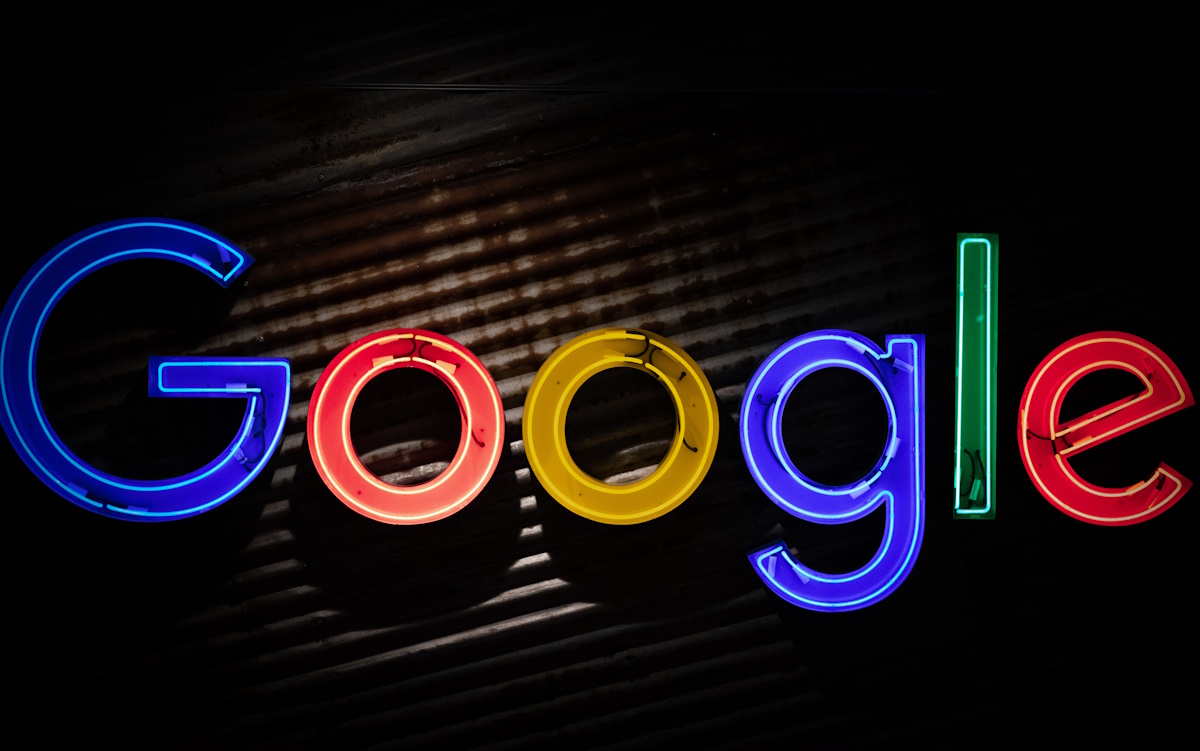Google AI: Goodbye Bard: Gemini Advanced and Google One AI launches

Today, Google launched a series of updates for its AI products. Google Bard, the company's main consumer AI product, is no more. Google changed the name of its core consumer AI product to Gemini.
The name change comes with a flurry of announcements and changes. More users may use Gemini's image generation capabilities now. There is also wider access to Gemini Pro as it becomes available " "in any language, country, and territory Bard currently supports".
To make things even more confusing, Google launched Gemini Advanced. This feature is part of the Google One AI Premium plan. The plan gives subscribers access to Gemini Ultra, the most capable version of Gemini AI. Subscribers also get Google One benefits, including 2 TB of storage. Google promises that subscribers will soon also be able to use Gemini in Google Docs, Gmail and other company products.
Interested users may start a free trial. Google set the trial period to 2 months. Google One AI Premium is available for €21.99 (about $22) per month afterwards. As a comparison, Microsoft's Copilot Pro plan is available for $20 per month and user. It does require a Microsoft 365 subscription "to draft documents, summarize emails, create presentations" and more, according to Microsoft.

Interested Google users may visit the official Gemini website to get started. A Google account is required to interact with the AI.
Gemini lists a few suggestions on the startpage that showcase its capabilities. You may type prompts, interact with Gemini using voice, and upload images.
Google launched Gemini Pro in Bard in December in English. The feature gives "Bard more advanced understanding, reasoning, summarizing and coding abilities" according to Google.
Today, Gemini Pro in Bard is rolling out in over 40 languages and to over 230 countries and territories. Google is also launching Bard's double-check feature in more than 40 languages. Google users may activate the feature with a click or tap on the "G" icon. Bard will check Google Search content to find out if web results can "substantiate its response". If that is the case, highlighted phrases may be selected to learn more about "supporting or contradicting information".
Google's double-check feature aims to reduce hallucinations of its AI. Hallucinations refer to AI content that is factually incorrect.
Image generation seems to be rolling out at the time of writing. You can try a basic prompt, such as "create an image of a cat doing a backflip" to find out if image generation is supported on your end already. If you get "That's not something I'm able to do yet" or "I can't create images yet so I'm not able to help you with that." as a response, then it is not yet available.
All images created with Google's AI are watermarked by the company.
Closing Words
Google follows into Microsoft's footsteps. Both companies have launched free AI chats online. Microsoft was quicker to launch a subscription service that unlocks advanced capabilities. Now, Google is also launching such a service. Both are available for about $20 per month. One core difference is that Google's offering includes access to Google One content and, soon, options to use AI when using Google Docs, Gmail and other services.
Microsoft limits some of these options to Microsoft 365 subscribers.
Now You: would you pay a monthly fee to use AI services?






















Why I feel the Free GPT-2 is still better than Gemini when I ask the same questions? I think Google lost their track on the AI race
> Now You: would you pay a monthly fee to use AI services?
No. I’m not at all interested by AI services, free or not.
When you (or I anyway) think about it, thinking is exhilarating, be it inductive, deductive, imaginative.
See you at the next name change, or discontinuation… coming soon.
Nice and informative content shared by you. Appreciate your efforts .
I think both Microsoft and Google hope to make money on AI.
I like more the new names of Gemini and OneAI, they both are better than Google Bard Simpsom.
It seems not fully integrated. Android Auto defaults to Google Assistant instead of Gemini. I feel like if you were going to launch a flagship product, you would want the basic integrations completed at least??? If Google hadn’t insisted on baking Android Auto into the Google app/Android, one could forgive them.